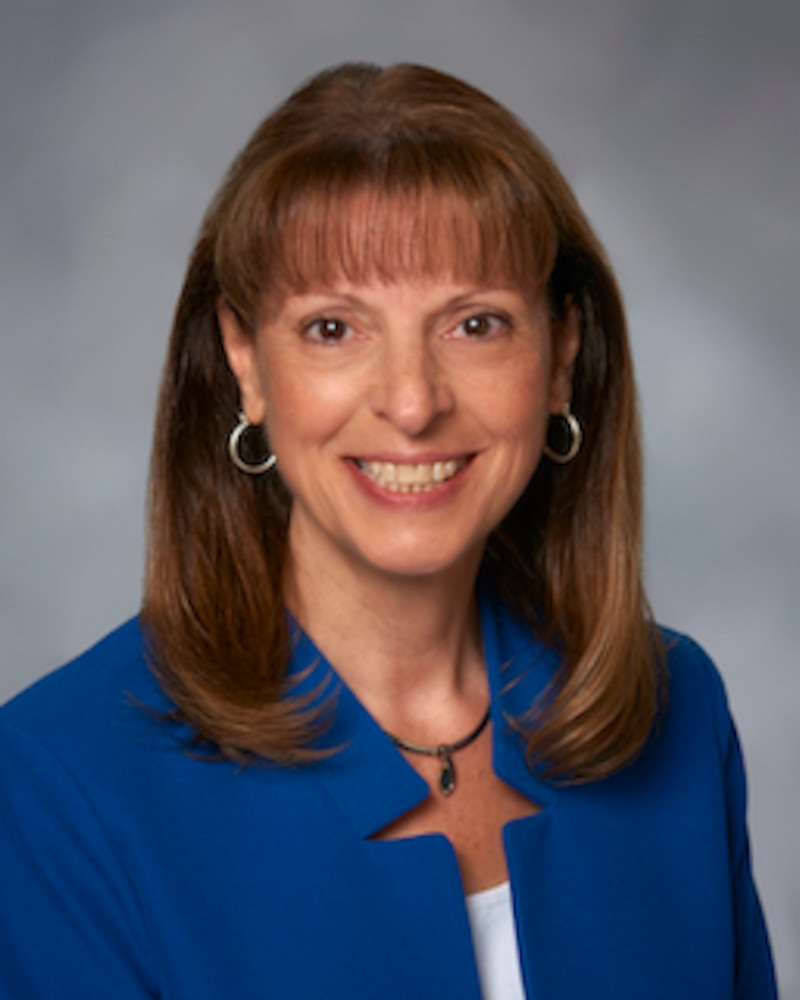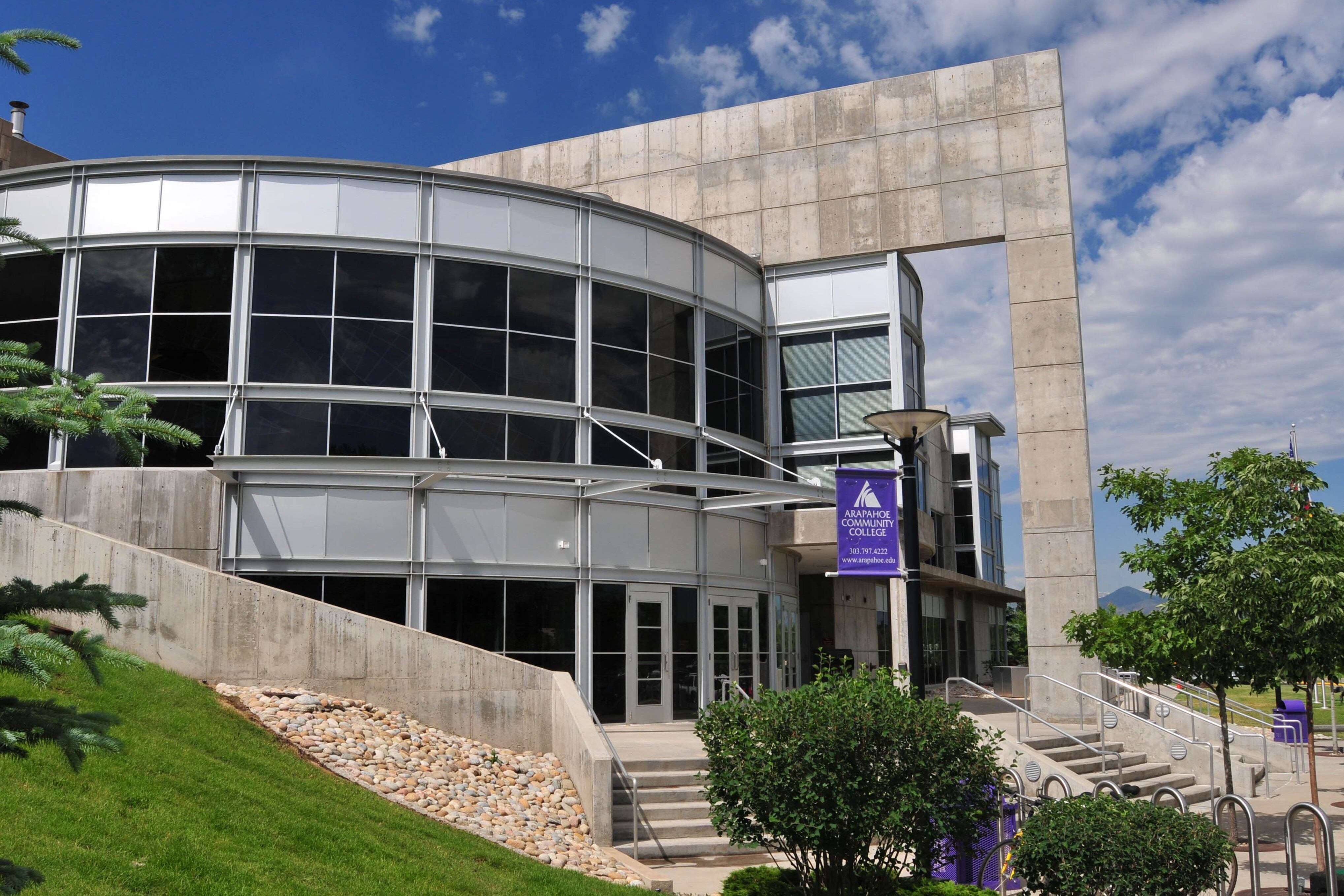Twice a week, Diana Doyle and her staff at Arapahoe Community College meet over video conferences to discuss the outlook of the coronavirus pandemic and map out contingency plans for their campuses.
Doyle, the college’s president, said the idea is to be ready not just for Plan A but also have Plans B, C and more at the ready.
“What we do is we put together a checklist of all of the different components that we need to be talking about,” Doyle said. “For instance, one of them would be cleanliness, you know, regular cleaning of our facilities: What happens if a student or an employee is tested positive, what’s our response?”
Other Colorado universities and colleges are sketching out various scenarios of what might occur during an unpredictable pandemic. For now, schools throughout Colorado plan to hold limited in-person classes this fall and are closely following state and federal health guidelines for safety.
But schools are ready to shift gears with the swerving trajectory of the virus.

“The thing we stress is flexibility,” Doyle said. “Do we all want to be on campus? Of course we all do. But we are realistic enough to know that’s not the best thing to do to ensure the health, safety and well-being of our students and our employees.”
Despite schools holding in-person instruction, life will look much different than before the coronavirus pandemic.
Most classes will remain online, if possible, to minimize the spread of the virus. Doyle said about 40% of the school’s programs will hold in-person classes, mostly for labs or programs that require hands-on learning like Automotive Service Technology. The other 60% of the school’s programs will stay remote.
The school will require students on campus to wear masks and follow social-distancing protocols, Doyle said. And the classes will be limited to 12 students at any one time, Doyle said.
Elsewhere, schools that house students will reduce dorm capacity and place all students in single rooms. Cafeterias will serve food in a grab-and-go fashion.
Schools also will set aside dorm space to quarantine students in the case of an outbreak.
The Colorado School of Mines is setting aside 20% of its dorm capacity for quarantine space, according to Emilie Rusch, a school spokeswoman. The University of Colorado Denver also has created quarantine rooms for students, spokeswoman Meghan Azralon said.
Rusch said if a student or faculty member contracts the virus, Mines’ rapid response team will reach out to trace contacts on campus and in the community.
The team will then notify the Mines community about the positive case and determine who needs to self-quarantine.
“In the case of a student falling ill, we will also inform classmates and instructors in any in-person courses the student was enrolled in to encourage those individuals to continue to closely self-monitor for any symptoms of COVID-19,” Rusch said.
The school would also disinfect spaces and could close off classrooms or buildings.
But even with the best-laid plans, school officials also acknowledge they face a series of “what if” questions that they can’t readily answer.
Adams State University officials said they are working through as many varying situations and plan to have health officials sign off on next steps if campuses across the state are forced to change course.
At Arapahoe Community College, Doyle said the “what ifs” vary.
Faculty have the difficult job of planning how to keep in-person and remote classrooms engaging, Doyle said.
And the school’s administrators must think about how students access services, Doyle said.
The school plans to buy science laboratory kits that students can use from home if the school goes fully remote. Arapahoe will make counselors and tutors available by phone, and will boost Wi-Fi so students can work in parking lots if necessary. It will also make space at computer labs available by reservation, she said.
“We are going to always hope for the best,” she said. “But we will continue to plan for the worst.”







